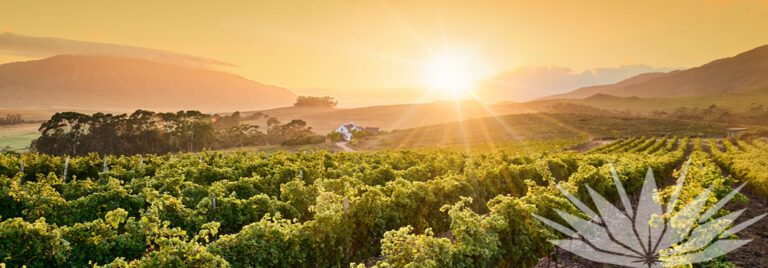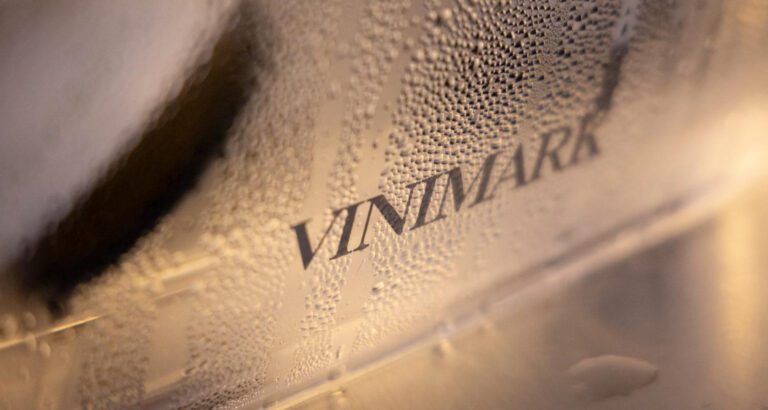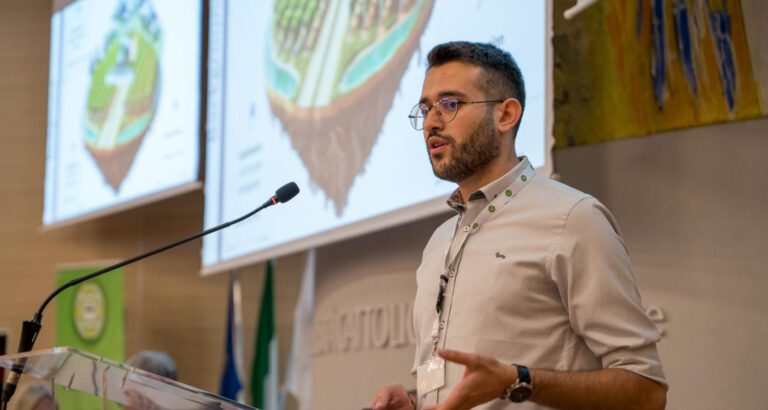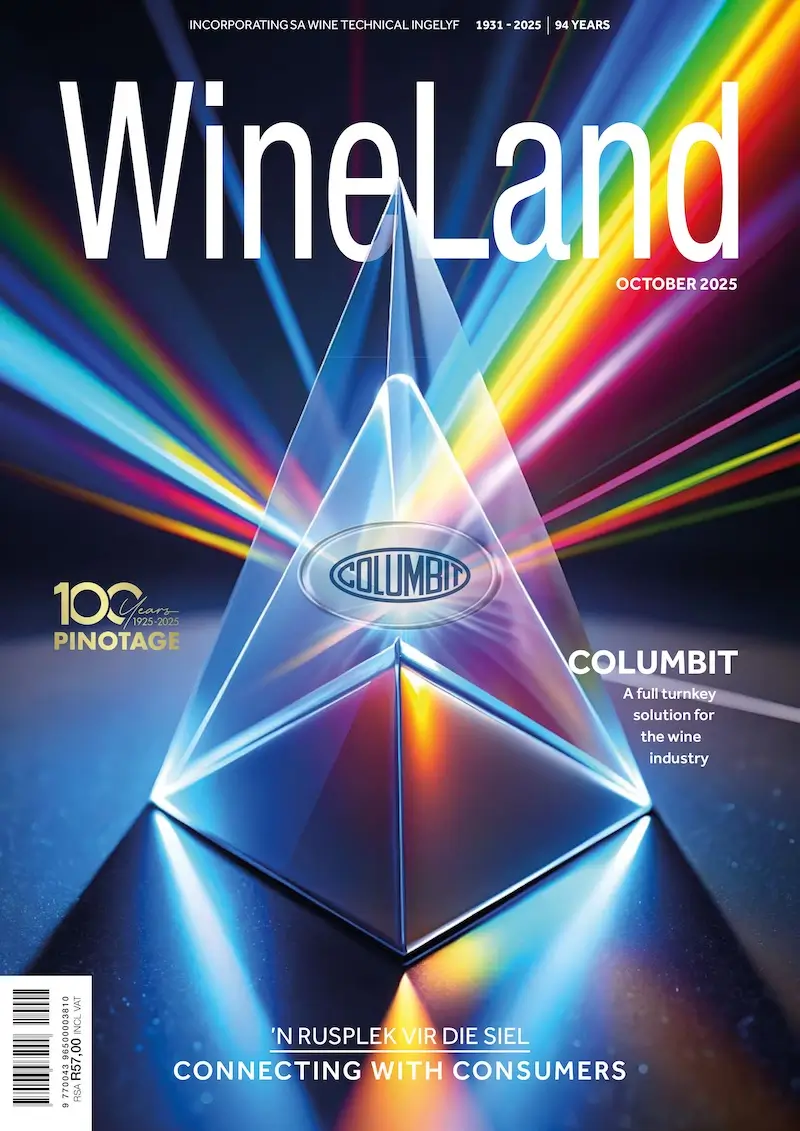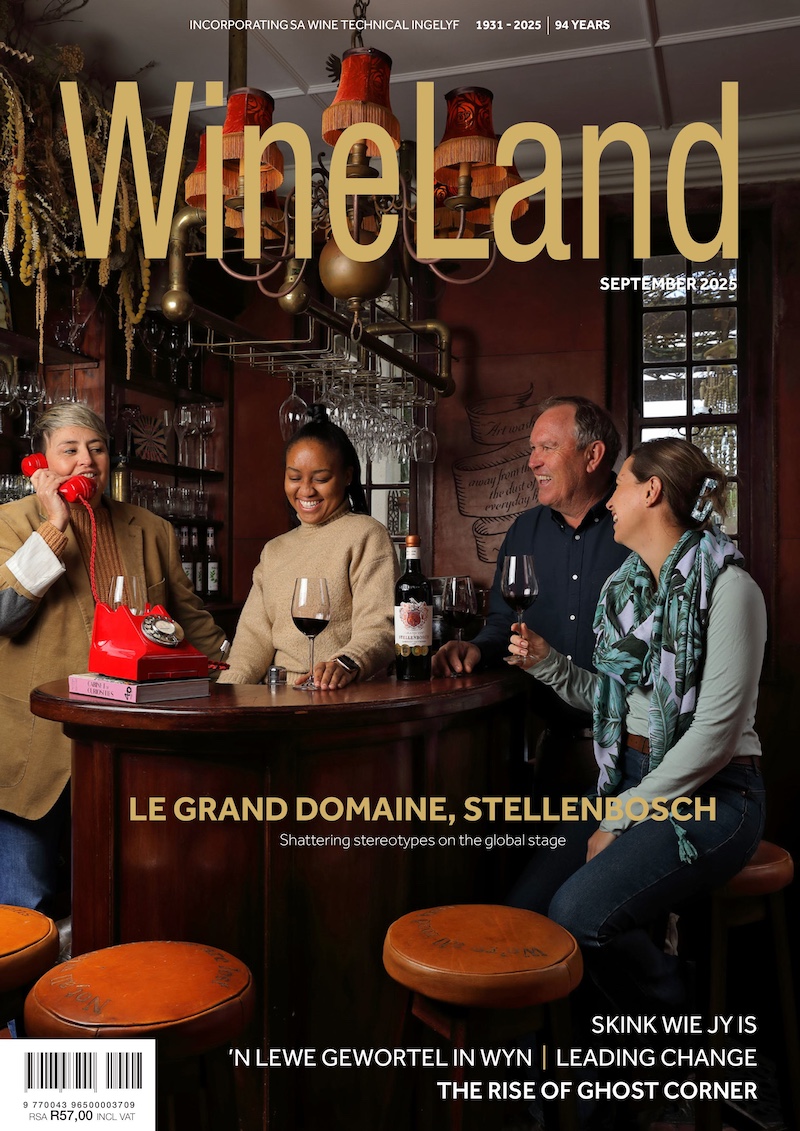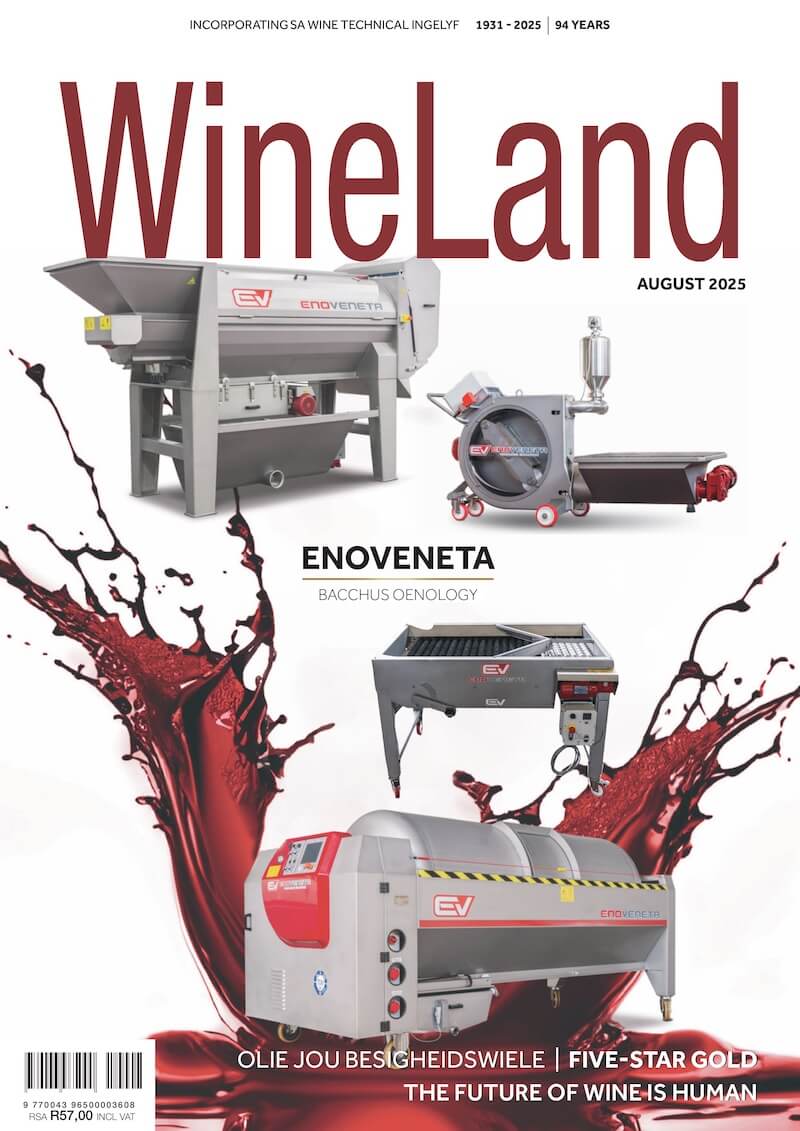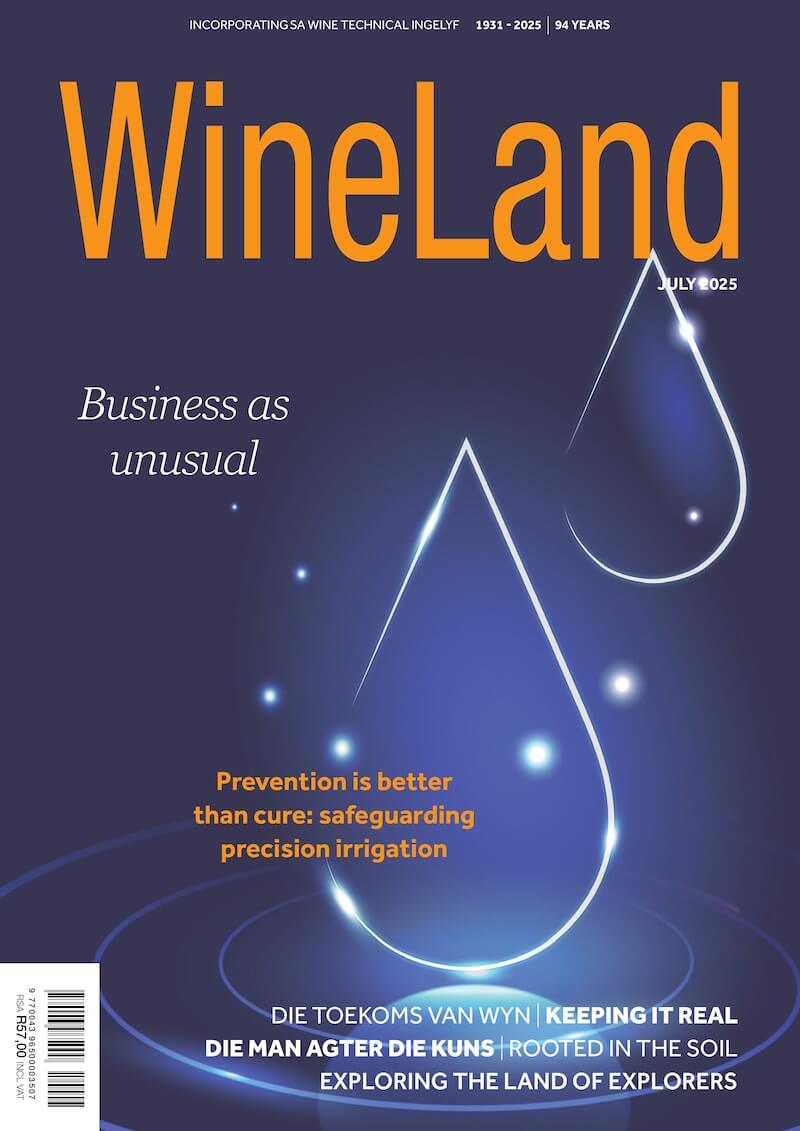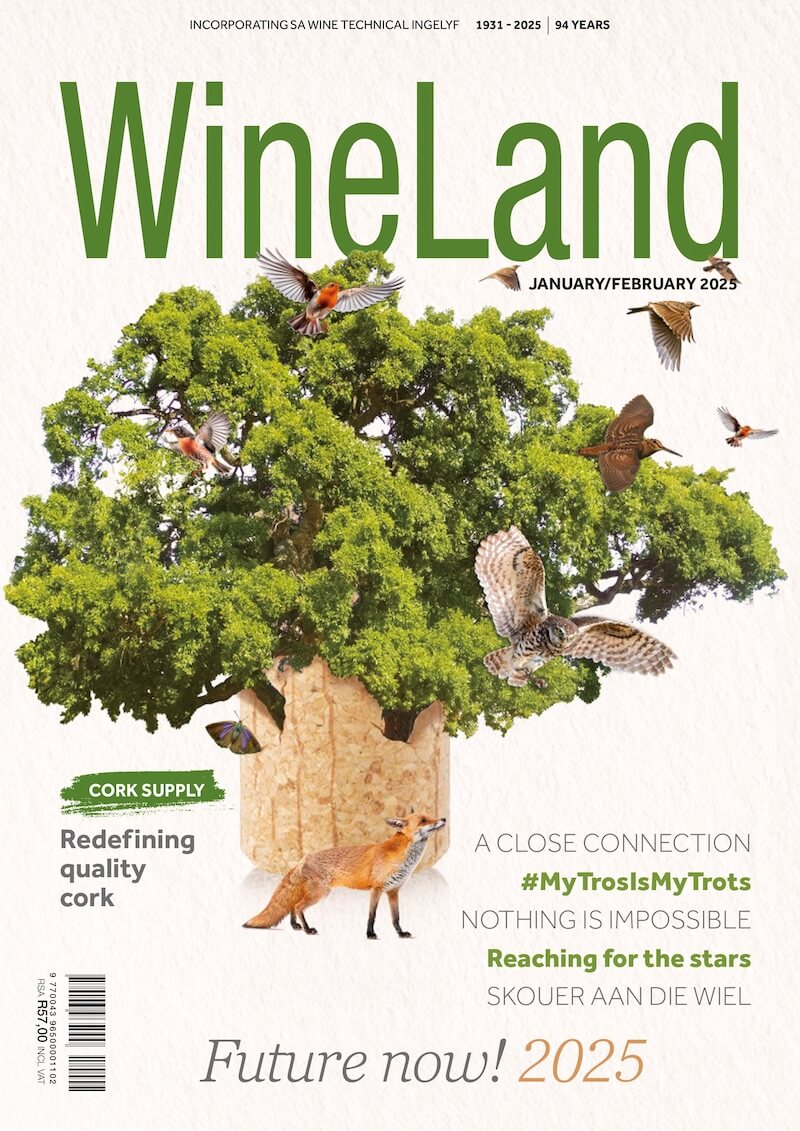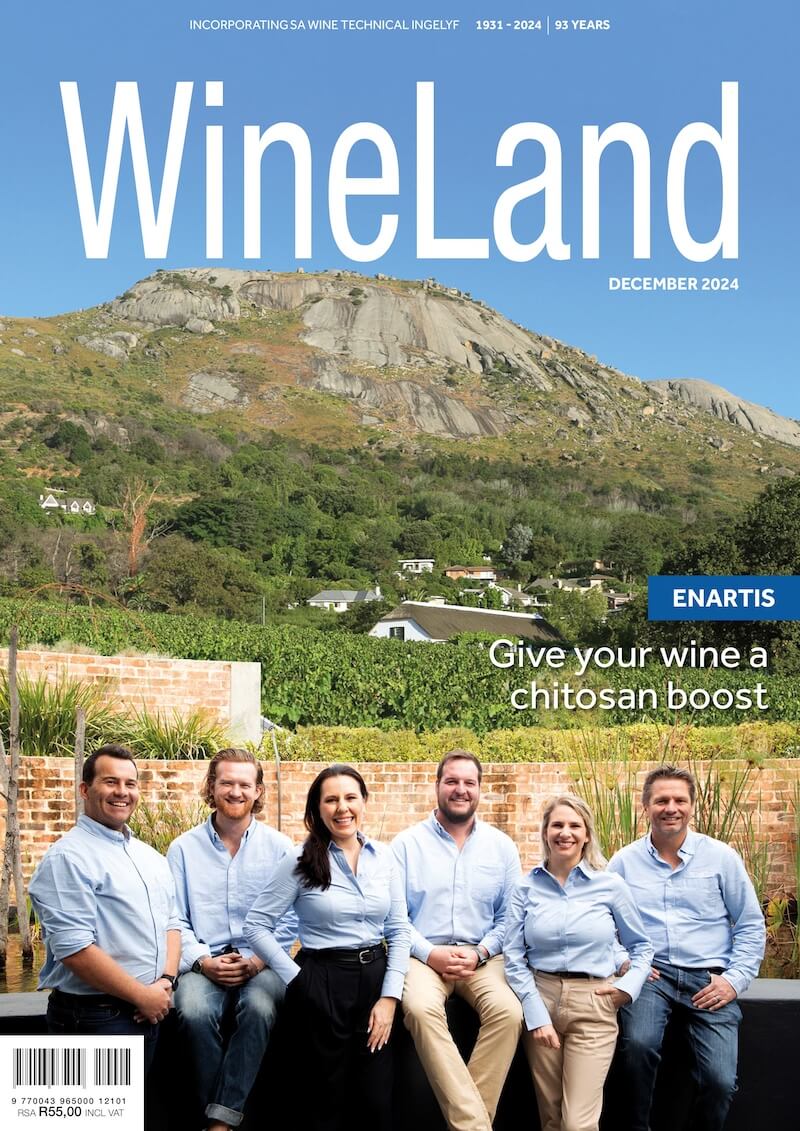Lydia Coetzee is a South African wine strategist, storyteller, and connector with a sharp eye for brand potential and a deep understanding of global wine markets. She works closely with producers, exporters, and industry bodies to bridge the gap between cellar and consumer, whether through smart DTC campaigns, better trade show preparation, or meaningful storytelling.
Lydia helps wineries refine their identity, price with confidence, and show up to international markets like they belong there, because they do. She’s a mentor to black-owned brands, a member of the South African Sommeliers Association, and a frequent voice pushing the local industry to think bigger, collaborate smarter, and export better.
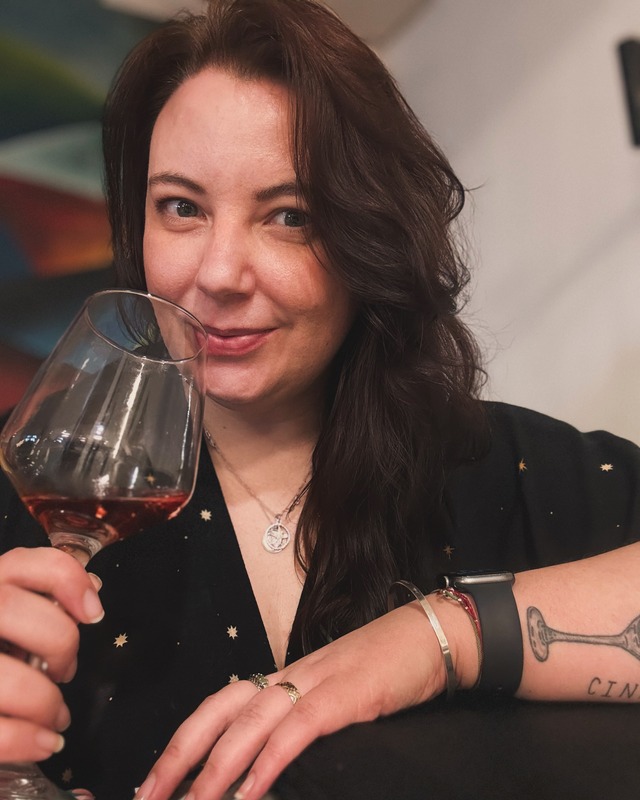
Lydia Coetzee
What are the biggest challenges South African wine producers face when entering favoured international markets?
One of the biggest challenges is consistency not in quality, but in long-term strategic commitment. Too many producers approach exports with a short-term, reactive mindset. They’re often late to plan for trade shows, lack follow-up systems, and don’t have tailored messaging for different markets. Add to that low pricing confidence and a reliance on walk-in traffic or agents to do the heavy lifting, and it becomes clear why we struggle to compete with countries like Italy or Portugal, who come in highly prepared with 15+ pre-booked meetings and localised storytelling.
Also, South African producers often underinvest in branding. Our wines over-deliver in the bottle, but underperform in perception. That disconnect costs us visibility and margin.
How have geopolitical factors (like trade agreements or tariffs) impacted South African wine exports, and how can producers adapt their strategies accordingly?
Access to markets like the EU under preferential trade terms has been an advantage, but South African producers haven’t leveraged it fully. Meanwhile, in countries like the US or China, where competitors like Chile have strong bilateral agreements, we’re at a disadvantage in pricing and we haven’t built strong enough demand to offset that.
Producers need to think beyond price and lean into origin storytelling, sustainability credentials, and direct buyer relationships. They also need to monitor trade dynamics more proactively not just wait for WOSA to interpret the landscape. Knowledge is leverage.
Which common mistake do you often notice among local brands and wineries?
Trying to be everything to everyone. There’s often a fear of narrowing focus which leads to generic branding, scattered portfolios, and poor positioning. You’ll see a beautiful Chenin Blanc on shelf next to six other “value-driven” South African Chenins, all priced within R10 of each other, with no clear reason to pick one over the other.
Another misstep is underutilising digital tools and data. Too few wineries track who tasted their wine at a show, who opened their email, or which products are resonating in which markets.
What role does certification such as IPW, WIETA, and Fairtrade play in accessing premium export markets, and how do international buyers perceive these labels?
Certifications have become essential proof points especially in Scandinavia, parts of Western Europe, and increasingly in North America. Buyers see them as minimum criteria, not value-adds. IPW and WIETA help reinforce responsible farming and ethical labour practices, while Fairtrade still holds weight in certain retail segments.
But certification only works when it’s built into your brand story. If you just stick a badge on the back label and hope it speaks for itself, you’re missing the point. It’s about translating compliance into consumer confidence and that requires good marketing.
How can small to medium-sized South African wineries remain competitive in the global market against larger, well-established producers?
By being faster, more focused, and more personal. Large producers move slowly smaller brands can outmanoeuvre them with targeted storytelling, niche market entry, and a stronger direct-to-consumer presence (even internationally, through smart partnerships or wine clubs).
It also helps to lean into authenticity. If you have a great site, an interesting story, or a hands-on approach, talk about it. Not every buyer wants scale; many are looking for discovery, uniqueness, and relationships.
And practically, group collaboration (shared logistics, cross-referral at trade shows, or joint marketing) can reduce costs and increase visibility.
Is there a uniquely South African selling proposition, or should brands develop and rely on their own identity for the international market?
There is a uniquely South African proposition but it’s not always well articulated. We offer heritage, biodiversity, ancient soils, and an exciting winemaking culture that blends Old World tradition with New World innovation. And our wines, pound for pound, often punch above their price.
But South Africa’s category identity is still blurry overseas. Until we tighten that up, it’s crucial for individual brands to develop their own sharp positioning. Rather be distinct and memorable than vaguely “South African.” Once the country category is better established, the rising tide can lift all boats. Until then, sail your own ship with intention.

